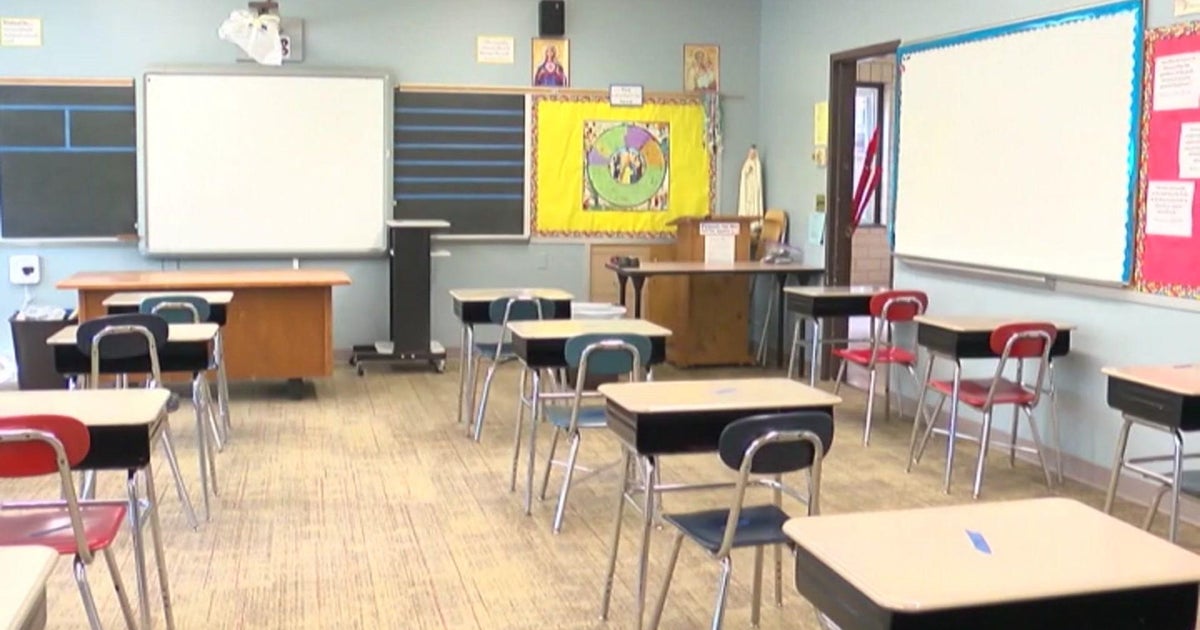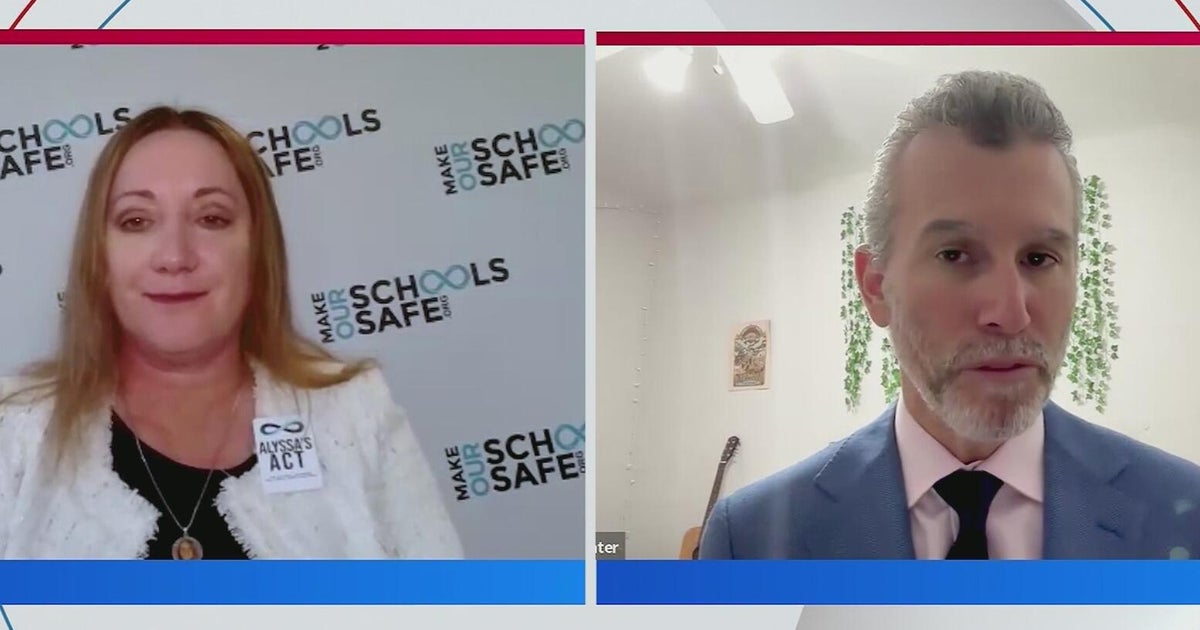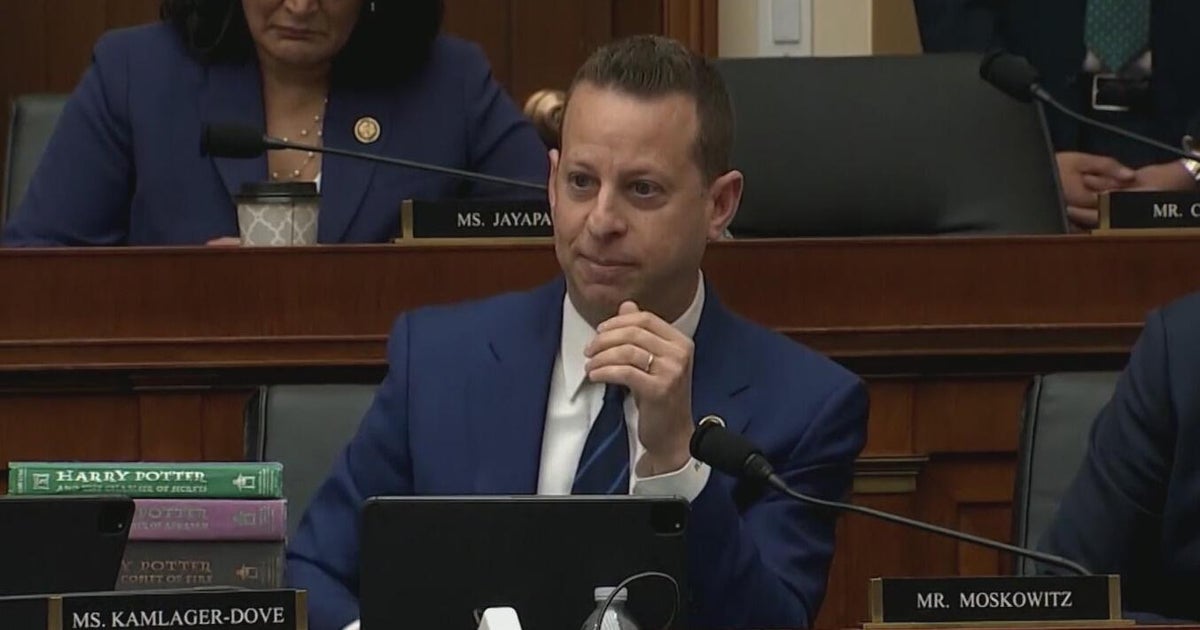TALLAHASSEE – The Florida Dwelling is on the cusp of passing a massive growth of university-voucher programs that would make each individual student qualified to obtain taxpayer-backed scholarships, while the full Senate is poised to contemplate its model of the monthly bill.
A disagreement, nonetheless, has continued to simmer about the prices of the proposals, with Home and Senate estimates differing by hundreds of hundreds of thousands of dollars.
The Home took up its version of the invoice (HB 1) on Thursday and positioned it for a probable vote on Friday. The Senate version (SB 202) cleared its final committee Thursday and is ready to go to the full Senate.
Below each proposals, people would be qualified to receive vouchers if “the pupil is a resident of this state and is eligible to enroll in kindergarten by quality 12 in a community college in this point out.” Recent voucher applications include income-eligibility specifications.
The charges would make another substantial adjust by allowing for family members of household-schooled college students to get voucher money. Households could spend the revenue on a range of purchases further than personal-college tuition, such as instructional products, expenses for specified examinations and tutoring services. The proposals would generate what are normally acknowledged as “schooling cost savings accounts” in Florida.
A Residence employees assessment estimated the growth would value about $209.6 million, when a Senate evaluation released this 7 days believed a selling price tag of roughly $646 million.
The large disparity drew queries from Democrats throughout debate on the Residence ground.
“How could there be a $400 million discrepancy between two chambers examining the exact same invoice?” requested Rep. Robin Bartleman, D-Weston.
Household monthly bill sponsor Kaylee Tuck, R-Lake Placid, attributed the change to the Senate estimate using into account money from the state’s Florida Tax Credit Scholarship application, which supplies tax breaks to organizations that make contributions to fund vouchers. The Home does not contain that pot of revenue in its estimate.
“My knowledge is that they (the Senate) are which include the FTC (Florida Tax Credit) bucks in that depend as effectively,” Tuck replied.
The Senate estimate anticipates that $429.3 million from the tax-credit rating application would go towards funding the expanded vouchers.
Price tag issues also ended up debated all through a meeting of the Senate Appropriations Committee, which voted 12-6 on Thursday to approve the Senate version.
Leon County Superintendent of Universities Rocky Hanna disputed the Senate’s $646 million estimate. Hanna employed a $4 billion figure that in the beginning was set ahead by the Florida Coverage Institute, a non-profit team that opposes the voucher approach.
“Let’s be crystal clear, universal (vouchers) is $4 billion. There are 500,000 learners – 400,000 in personal educational institutions and 100,000 in property-universities. Five-hundred thousand periods ($8,000) is $4 billion. That is the cost, not $600 million,” Hanna explained to senators, referring to the approximately $8,000 in for every-student funding for community faculty learners.
Tuck and other supporters of the growth have disputed the $4 billion estimate.
The Appropriations Committee authorised alterations that much more carefully aligned the Senate monthly bill with the Residence proposal.
For instance, the Senate panel authorized a proposal that would require vouchers to be prioritized in a tiered system by cash flow amount. Learners whose residence incomes are less than 185 per cent of the federal poverty stage, or around $51,000 for a relatives of four, would get first precedence. Subsequent would be college students whose household incomes are from 185 p.c of the poverty stage to 400 p.c of the poverty level, or about $111,000 for a relatives of four.
Senate sponsor Corey Simon, R-Tallahassee, named the proposed enlargement “transformational” for learners.
“If you are unable to acquire into the transformational possibility that our young children are presented with, we’re heading to have a disagreement each single working day of the week,” Simon reported.



